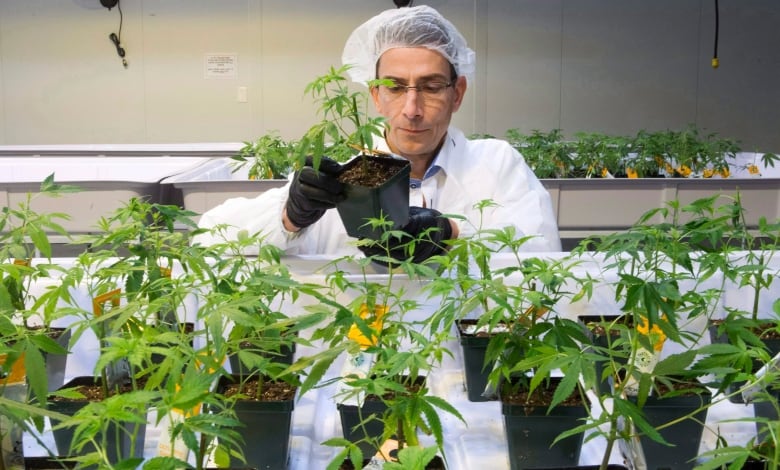Tracking scammers behind fake CRA calls: CBC's Marketplace consumer cheat sheet
Newsletter: Consumer and health news you need from the week

Miss something this week? Don't panic. CBC's Marketplace rounds up the consumer and health news you need.
Want this in your inbox? Get the Marketplace newsletter every Friday.
Ticketmaster recruits pro scalpers
Feel like you're being ripped off for concert tickets? It might be because the world's largest box office has been recruiting professional scalpers. CBC News and the Toronto Star went undercover and found Ticketmaster allows scalpers to defy ticket-buying limits and use fake identities to resell at inflated prices (with a cut for Ticketmaster).
Ticketmaster issued a statement to CBC News saying it was "categorically untrue that Ticketmaster has any program in place to enable resellers to acquire large volumes of tickets." It also said it had already begun an internal review of professional reseller accounts and employee practices before the CBC News story came out.
Artificial trans fat ban
There's a new ban in place in Canada that's going to bring changes to the food you find on store shelves. It is now illegal for manufacturers to add artificial trans fats to their products. Trans fats are typically used in foods that can be hard to resist — like french fries, doughnuts and popcorn — but they're also "heart-clogging." Retailers will be given a grace period of two years to clear the existing inventory.

Coca-Cola interested in cannabis
Would you drink a soft drink infused with cannabis? Coca-Cola might be in talks with Canada's Aurora Cannabis Inc. to enter the new market post-legalization. A partnership between the two companies would be the first for a manufacturer of non-alcoholic beverages. Up until now only the alcohol industry has been focused on adding cannabis-related products.

Baby Aspirin research
The so-called "wonder drug" might not be working wonders after all. New research has found that most people won't benefit from taking daily low-dose Aspirin to prevent a first heart attack. The results of the U.S.-Australian study of more than 19,000 volunteers show that risks of major bleeding in low-dose Aspirin users overwhelm any heart benefits.

What else is going on?
Consumer attitudes toward "best before" dates are contributing to food waste. That's according to researchers from University of Québec in Montréal, who say dates stamped on food aren't a marker of food safety, but consumers are still throwing away items based on them.
The U.S. division of Manulife is telling customers to track their fitness for perks. All John Hancock life insurance policies will provide incentives for hitting exercise targets tracked on wearable devices such as a Fitbit.
A Toronto company wants to pay five "cannabis connoisseurs" to smoke. The cannabis firm AHLOT is offering up to $1,000 a month to sample various strains of marijuana.
This week in recalls
These oysters could be contaminated with salmonella; this coleslaw could be contaminated with Listeria; these toy vehicles, this plastic toy airplane and these rubber animal toys could pose a choking hazard to young children; these drawer knobs could pose a laceration hazard.
Watch this week: Who's behind those fake CRA calls?
We tracked the scammers behind one of the biggest cyber-crime schemes in Canadian history — those fake CRA phone calls. Tens of thousands of Canadians scammed out of hundreds of millions of dollars. So, who's really behind the scheme? David Common traveled to India to catch the fraudsters. We tracked down two illegal call centres and found out the RCMP could be doing more to bust the scammers.
With files from Reuters and The Canadian Press

